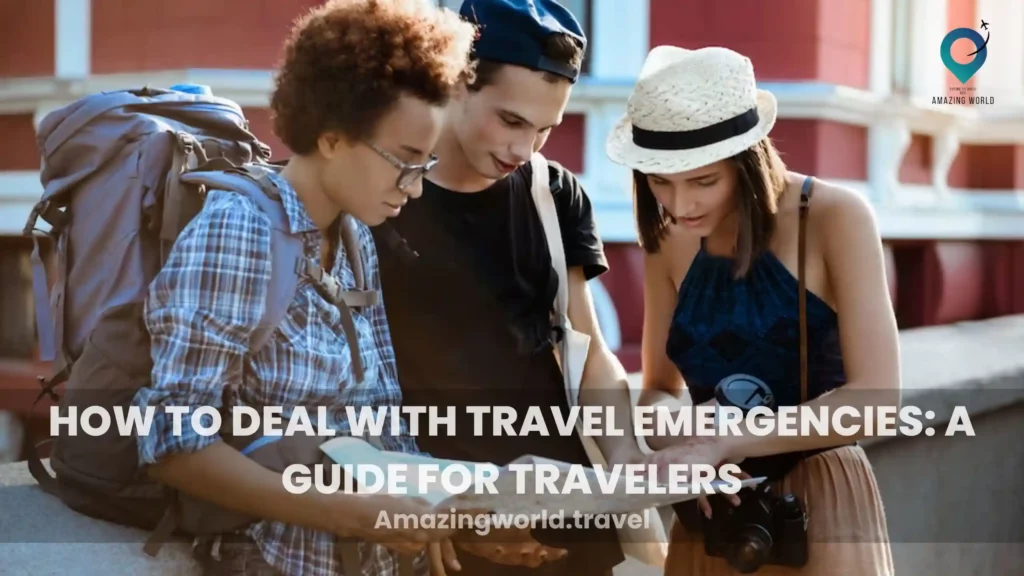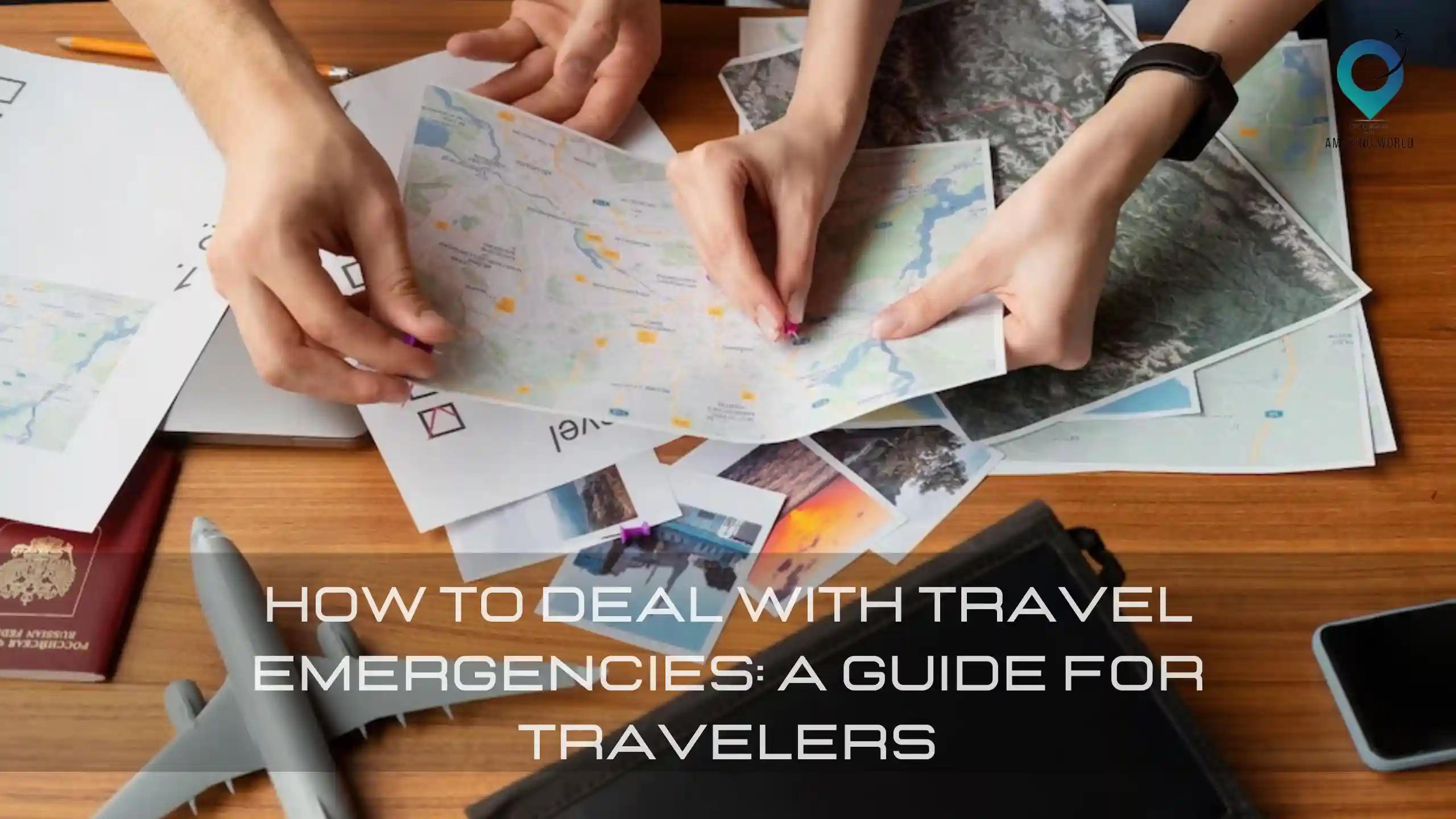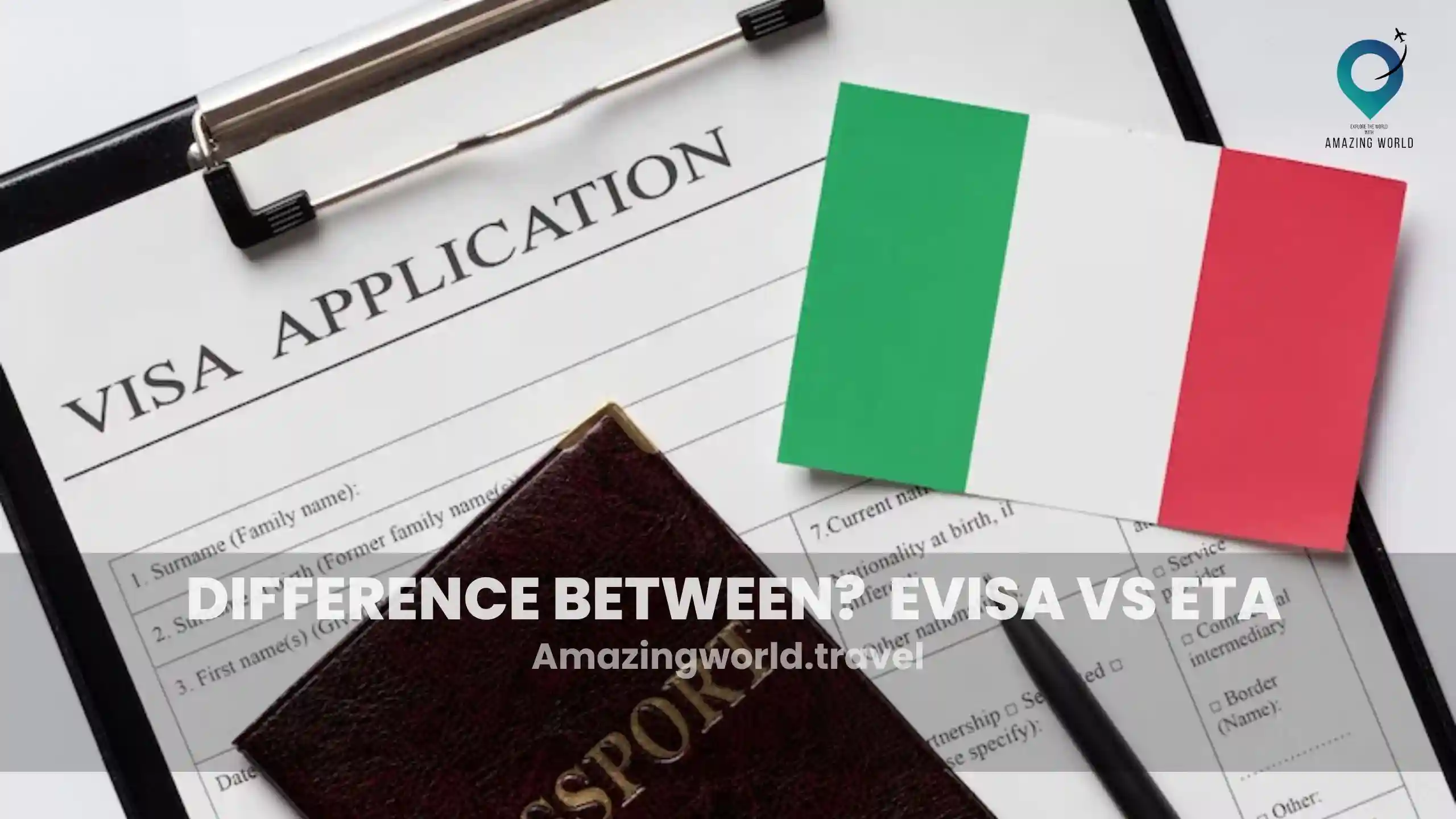How to Deal with Travel Emergencies: A Guide for Travelers
Table of Contents
Toggle
Are you an avid traveler who loves exploring new destinations? While traveling can be an exciting and enriching experience, it’s essential to be prepared for unexpected situations that may arise during your trip. From lost passports to medical emergencies, knowing how to handle travel emergencies can make a significant difference in ensuring your safety and well-being.
In this article, we will provide you with practical tips and advice on how to deal with travel emergencies effectively. So, let’s dive in!
Introduction: The Importance of Preparedness
When embarking on a journey, it’s crucial to understand that unforeseen circumstances can occur. Travel emergencies can range from minor inconveniences to potentially life-threatening situations. Being prepared and equipped with the right knowledge and resources can empower you to handle these emergencies efficiently.
Research and Planning
Before your trip, invest time in conducting thorough research about your destination. Familiarize yourself with local customs, laws, and potential risks specific to the location. Check for any travel advisories issued by your government and obtain comprehensive travel insurance that covers emergencies.
Pack Smart: Essential Items for Travel Emergencies
In your travel essentials, include items that can assist you in emergency situations. Some must-have items include a first-aid kit, prescription medications, photocopies of important documents, a portable charger, a flashlight, a multi-tool, and emergency contact numbers.
Staying Safe and Secure
Maintaining personal safety and security is vital during your travels. Be aware of your surroundings, especially in unfamiliar areas. Avoid displaying valuable items and keep your belongings secure. Use reliable transportation and stay in well-reviewed accommodations.
Dealing with Lost or Stolen Belongings
In the unfortunate event of lost or stolen belongings, remain calm and take immediate action. Contact local authorities to file a report and notify your embassy or consulate. Make copies of important documents such as your passport and keep them separate from the originals.
Coping with Health Emergencies
Health emergencies can occur at any time, so it’s crucial to be prepared. Carry a basic first-aid kit and any necessary medications. Research healthcare facilities in your destination and ensure your travel insurance covers medical expenses. Stay hydrated, practice good hygiene, and take necessary precautions to prevent illnesses.
Handling Travel Document Issues
Losing your passport or other travel documents can be stressful. Contact your embassy or consulate immediately for guidance on how to obtain a replacement. It’s advisable to keep digital copies of essential documents, such as your passport and visas, accessible through cloud storage.
Communication Strategies
Effective communication is key when dealing with travel emergencies. Learn some basic phrases in the local language and have translation apps or phrasebooks handy. Ensure you have a reliable means of communication, such as a working mobile phone or access to Wi-Fi.
Financial Emergencies and Money Matters
In case of financial emergencies, it’s essential to have backup plans. Carry multiple forms of payment, including cash and credit cards, and keep them in separate locations. Inform your bank about your travel plans to avoid any issues with your cards. Research currency exchange options and be aware of the local currency conversion rates.
Transportation Challenges
Travel delays and transportation issues are common travel emergencies. Stay informed about local transportation schedules and have alternative routes in mind. Be prepared for unexpected delays and keep important contact numbers, such as airlines or travel agents, readily available.
Dealing with Natural Disasters
Natural disasters can occur in any part of the world. Before traveling, research the potential risks and natural hazards in your destination. Familiarize yourself with emergency evacuation procedures and follow any instructions given by local authorities.
Cultural Sensitivity and Language Barriers
Respect for local customs and cultural norms is essential during your travels. Learn about the local customs and traditions, dress appropriately, and be mindful of your behavior. Overcoming language barriers can be challenging, but a friendly attitude, gestures, and simple phrases can help bridge communication gaps.
Seeking Local Assistance
When faced with a travel emergency, don’t hesitate to seek local assistance. Contact the local authorities, your hotel staff, or fellow travelers for guidance and support. Locals can provide valuable insights and help you navigate through challenging situations.
Staying Calm and Managing Stress
During a travel emergency, it’s crucial to stay calm and composed. Panicking can cloud your judgment and hinder your ability to find a solution. Take deep breaths, assess the situation rationally, and prioritize your safety and well-being. Reach out to friends and family for support if needed.
Conclusion
Travel emergencies can be overwhelming, but with the right knowledge and preparedness, you can handle them effectively. Remember to research, plan, and pack smartly. Stay alert, maintain personal safety, and take necessary precautions. In case of emergencies, remain calm, seek assistance, and prioritize your well-being. By following these guidelines, you can navigate through travel emergencies with confidence and ensure a safe and enjoyable journey.
How much did you like Our detailed How to Deal with Travel Emergencies: A Guide for Travelers? Review Also, please share these Blogs with your friends on social media.
Related Article –
- Best & Safest Places for Solo Female
- 20 Must Need to know Safety Tips for solo female
- Best Adventure Activities for Solo Female Travelers
- 20 Reasons Why Women Travel Solo
- 15 Tips for Solo Camping and Hiking for Women
- Traveling Abroad: How to Safe from Online Phishing & Scams
- Off the Beaten Path
Travel Emergencies FAQs
What should I do if I lose my passport while traveling?
Contact your embassy or consulate immediately and follow their instructions for obtaining a replacement passport. Make sure to keep copies of important documents separate from the originals.
Is travel insurance necessary for dealing with travel emergencies?
Travel insurance is highly recommended as it provides coverage for various travel emergencies, including medical expenses, trip cancellations, and lost belongings.
How can I stay safe during natural disasters while traveling?
Research potential natural hazards in your destination before traveling and familiarize yourself with emergency evacuation procedures. Follow local authorities’ instructions and stay informed about any weather updates or warnings.
What should I do if I encounter a language barrier during a travel emergency?
Use simple phrases, gestures, or translation apps to communicate. Seek assistance from locals or fellow travelers who may be able to help bridge the communication gap.
How can I manage stress and anxiety during travel emergencies?
Take deep breaths, stay calm, and prioritize your safety and well-being. Reach out to friends and family for support. Remember that there are resources and assistance available to help you through challenging situations.

Meet David Hoper, a passionate travel Blog writer with 7+ years of experience in travel content. Through his exemplary storytelling and engaging narratives, he shares his experiences and brings destinations to life. With a keen eye for detail and a love for exploration, he has cultivated a diverse portfolio of travel blogs that inspire and inform readers worldwide.








